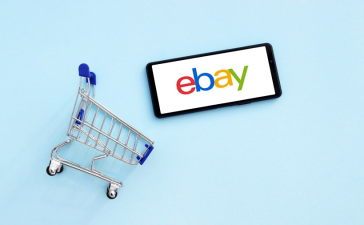Can you remember the last day you didn’t use the internet? For most of us, the answer to this question will be a resounding ‘no.’ We use it on our phones, laptops, computers, tablets, gaming systems, and even on our TVs. However, very few people can explain how internet providers work and whether we actually need them to access the internet. Don’t worry, and this is precisely what we’re going to explore today. By the end, you should be able to show off to your friends when they question how the internet works!
First things, first, we want to answer a common question. Is it possible to access the internet without an internet service provider? In short, absolutely. But it wouldn’t be very convenient. One of the best ways to answer this question is to compare it to getting gas for a car. We don’t technically need a gas station to fill up because we can acquire gas from other sources (we could even go directly to the refinery). However, this gas isn’t conveniently provided to us. We don’t have the knowledge, and the source isn’t located locally, and even getting the gas into the vehicle would be harder than with a pump.
With the internet, it’s exactly the same. With an internet service provider (ISP), they connect to other ISPs and continually optimize these connections. This is something we could do ourselves, but we would need to negotiate and work very hard to keep the connections going. Why do this when there are services that already do the hard work for us?
How Do ISPs Work?
With this, we can now look more in-depth at what actually makes an ISP and how they help. In simple terms, an ISP is a company that helps consumers to connect to the internet. When people talk about their internet ‘provider,’ this will typically be the ISP. These days, most homeowners use a cable company as their provider, and it can come in a package with a TV subscription and even a phone contract.
Across the internet, there are lots of other servers. Rather than connecting to them individually as mentioned previously, an ISP allows us to connect to one server, which, in turn, connects to the others on our behalf. When you’re talking to somebody online, there’s actually a complex network that underpins the conversation. With an email, for example, it gets sent to the servers and computers of the ISP. From here, it passes through the other servers along an electronic path.
Over the years, the system has been optimized, and this means that even people with different providers can communicate with one another at no extra cost (think of the inconvenience this would cause if we couldn’t!). To launch an ISP it requires a reliable infrastructure, money, and people with the right skills. With your own ISP, they likely have hundreds of technicians, many miles of cabling, and all this while maintaining network services.
ISP Types
While dial-up services first ruled the world, we soon saw competition with broadband (high-speed internet) and Digital Subscriber Line (DSL). Today, dial-up is extremely rare since it’s painfully slow compared to the more common broadband and DLS. However, even DLS is becoming less common as cable-based ISPs invest in the smartphone market. With this, consumers have been attracted to the brilliant package deals for internet, phone, TV, and more.
Of course, the next step seems to be fiber-optic technology, which is supposed to be the fastest of all. With this ‘ultra-fast’ internet, this is the next generation of broadband.









